With New Eyes
"To be everywhere at once," Edward Abbey wrote, "is to be nowhere forever." This was the day I decided everywhere was no longer where I wanted to be.
It was a Sunday morning early, way too early. Every sane creature in Bayfield was still fast asleep but jet-lag had me sleepless, a return trip from a place that I could barely find on a map and still wasn’t sure I was pronouncing correctly. I felt discombobulated, unsettled.
So, I rose and walked down to Lake Superior and a beach just a few blocks from home, and right into the most beautiful sunrise I had ever seen. Mist was rising like gray wings off the still waters tinted red by the approaching sun. A pair of ducks circled like black stars silhouetted in the light. Several of the Apostle Islands drifted like sleeping whales on the horizon.
After most of a lifetime of travel, that beauty of it left me breathless and, I have to admit, shaking my head: how many miles do I need to travel, I thought to myself, before I begin to see the beauty right in front of me?
Humans are a traveling species. It is in our DNA this desire to see what is over the hill or around the next bend in the trail. Travel allows us to put ourselves in the midst of new cultures, in the presence of other species, and maybe even helps us find ourselves in the process. To paraphrase Ted Kerasote in his book Navigations we are a species in love with movement, with the sheer act of finding and refinding the way.
But for me, it took finding my way back home to really ignite my creativity.
For much of my adult life, I lived like a stone skipping across the earth. My work as a freelance writer took me to six continents – skiing across glaciers in Alaska, hiking among the giant grizzlies of Kamchatka, sailing on a research vessel in Antarctica. It was a passionate, exciting life. But, something was missing.“
To be everywhere at once is to be nowhere forever,” wrote Edward Abbey. As I stood at the edge of Lake Superior that sunlit morning, I felt the weight of all those miles and places pressing down on me. I decided to come home.
Choosing to focus my attention and creativity on the Apostle Islands and Wisconsin’s Northwoods has given me a focus, a subject. I began to look, listen, and see more deeply, returning again and again to the same landscapes to see them in different light, different seasons, different ways – something I could rarely do in the exotic places I traveled before.
Too often I had gotten caught up in chasing the next horizon, collecting places as if they were postcards, and then moving on. I did not want to always be “moving on.” I wanted to be moving “in” to be sinking more deeply into an experience rather than skipping across the world like a tossed stone.
It can be a difficult transition. When you are globe-trotting, you can see your progress by the checkmarks on your bucketlist and the stamps on your passport. But how do you begin to measure progress in sinking deep? There are very few checkmarks in a sense of place.
I began to understand that I was making progress in developing that sense of place I was seeking because of a single tree. There was this beautiful, brassy, little birch tree that stood out over a small bay near my home. It seemed to lean out over the dark waters of the bay and catch the last golden rays of sun. I returned again and again to photograph it until one morning, after a particularly windy night, I set up my tripod, looked through the viewfinder, and … it was gone. Blown over in the storm.
A weight seemed to settle in my stomach. As silly as it may sound, I found myself mourning the loss of a single tree. Then it hit me: I was mourning the loss of a single tree because I had seen it, appreciated it, come to know it deeply over time. As odd as it may sound, it felt like a “bucketlist” kind of moment only richer, deeper, and more true to what I was seeking. You cannot mourn what you do not love, and you cannot love what you do not know. I knew that tree, and I mourned its passing, and in that mourning was also a kind of progress.
As much as humans are a traveling species, there is, I believe, also a deep human need to feel at home. We need to set roots, to be a part of a community and nurture a sense of place. It is a slow process. A stone sinks more slowly than it skips. But perhaps that is the point. Slow down. Look deeper. Look again.
That is my goal now, to center my life around the Marcel Proust quote, “The true journey of discovery consists not in seeking new landscapes, but in having new eyes.” This Little Dipper blog will be my way-marker recording the steps along the way - steps forward and likely a few steps backwards. No journey worth taking is ever without its setbacks.
But, I have found my place, my focus. I am home. And every day now rather than jetting off across the world, I turn my attention to this one small part of that world and push myself to see it with “new eyes.”
— Jeff Rennicke (all photography by the author unless otherwise noted).

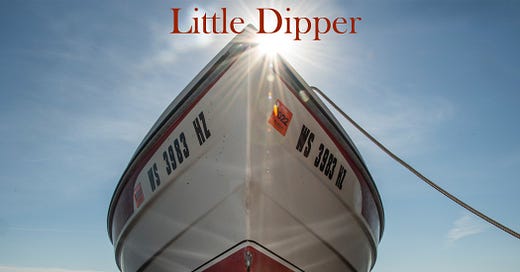



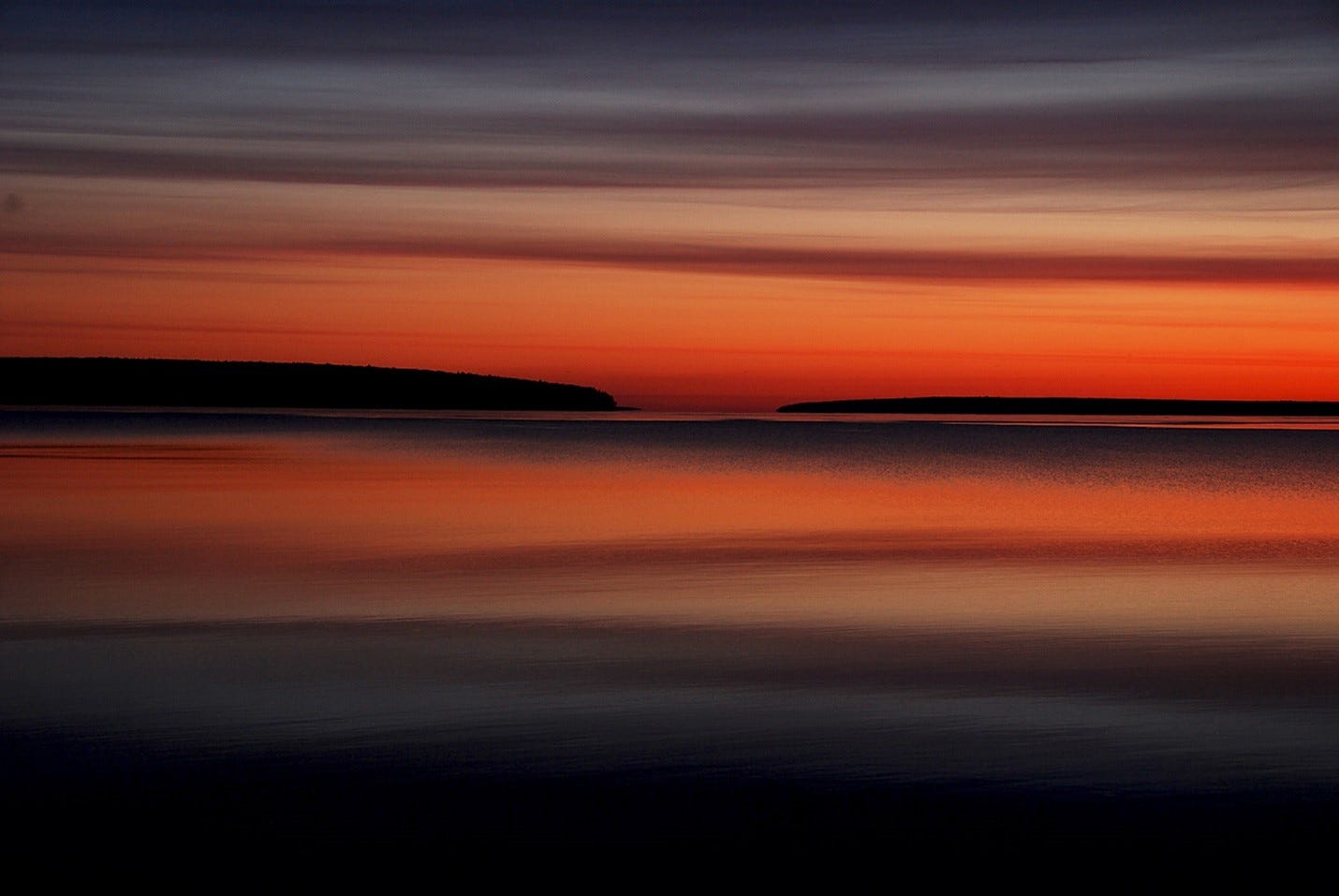
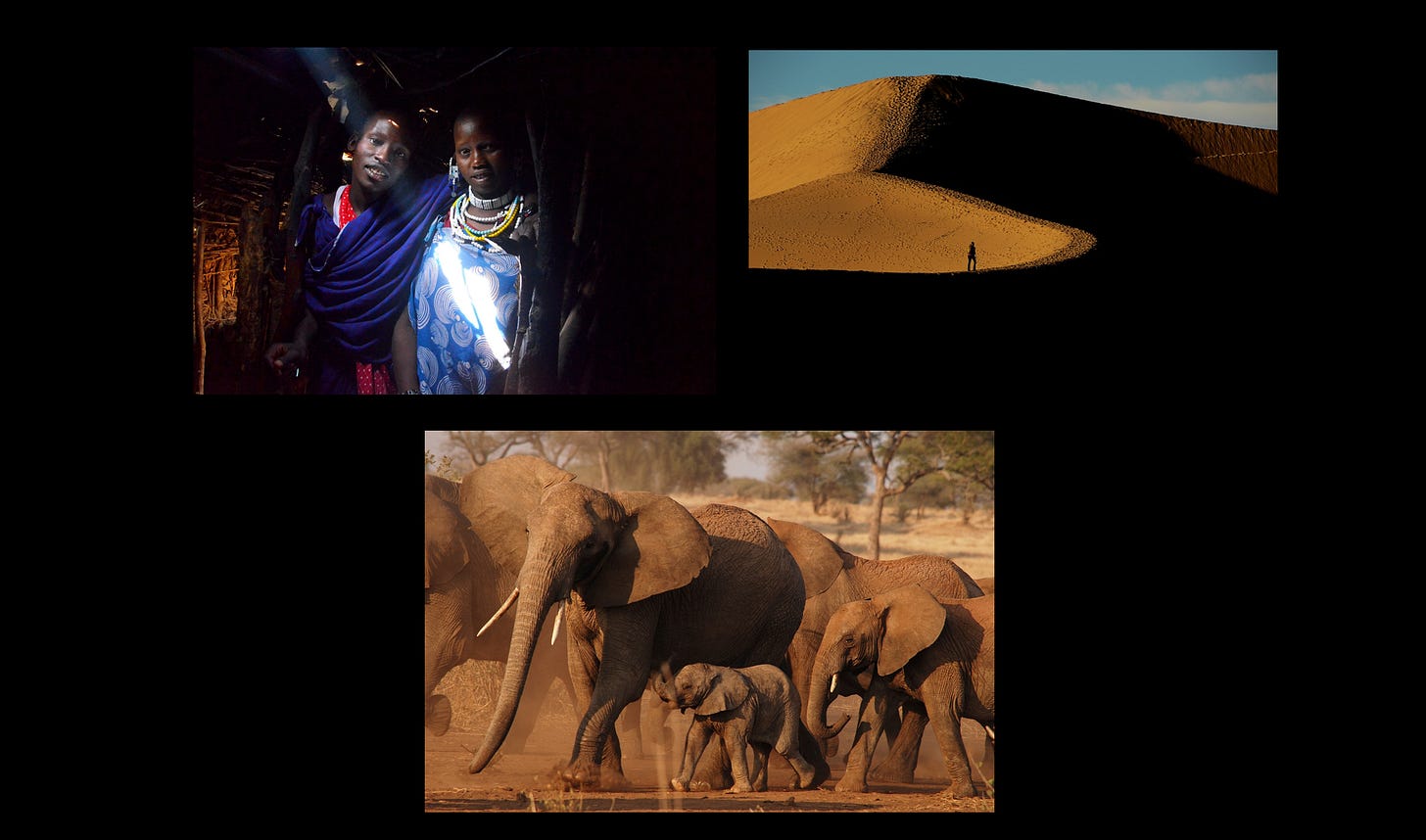
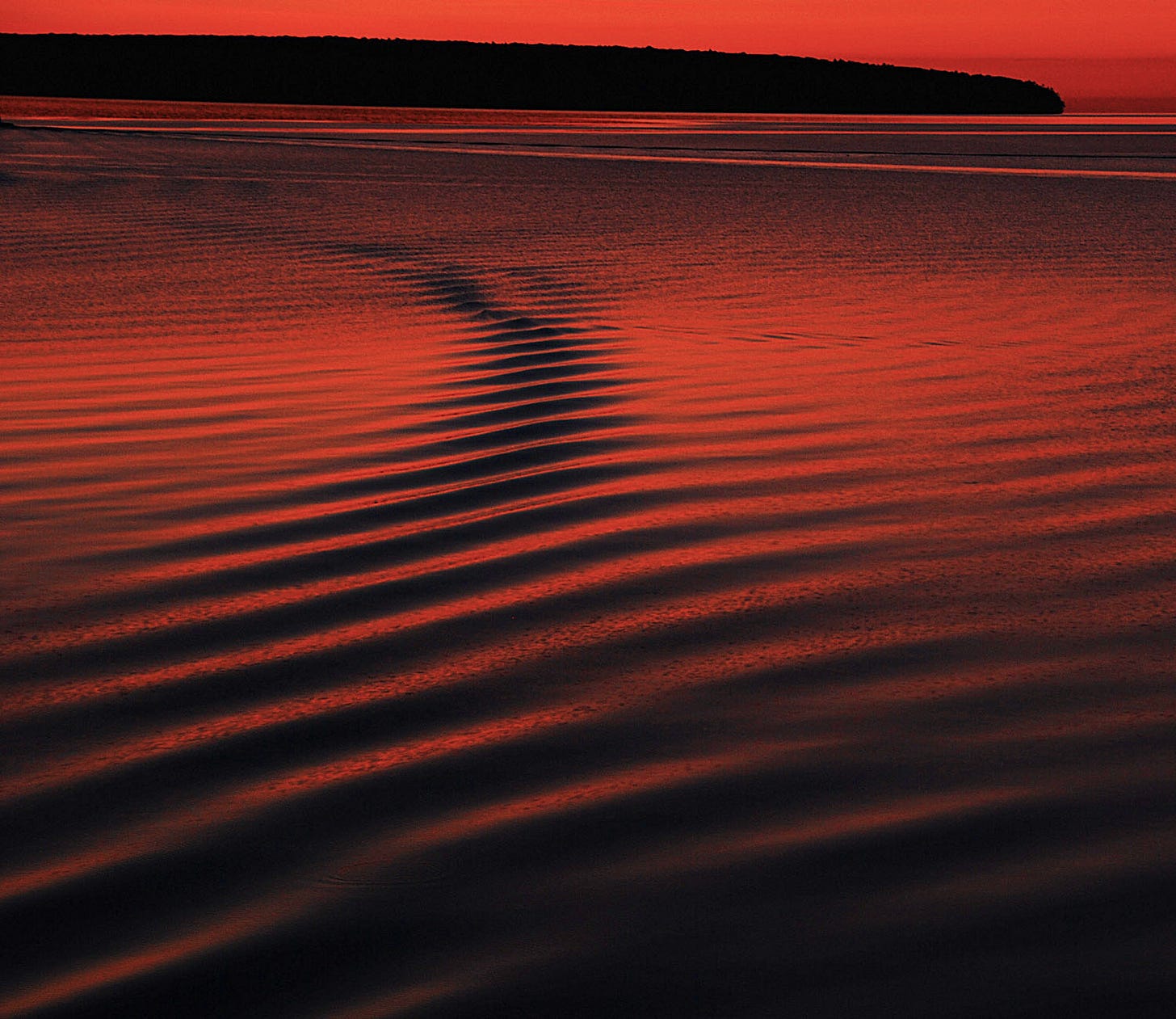
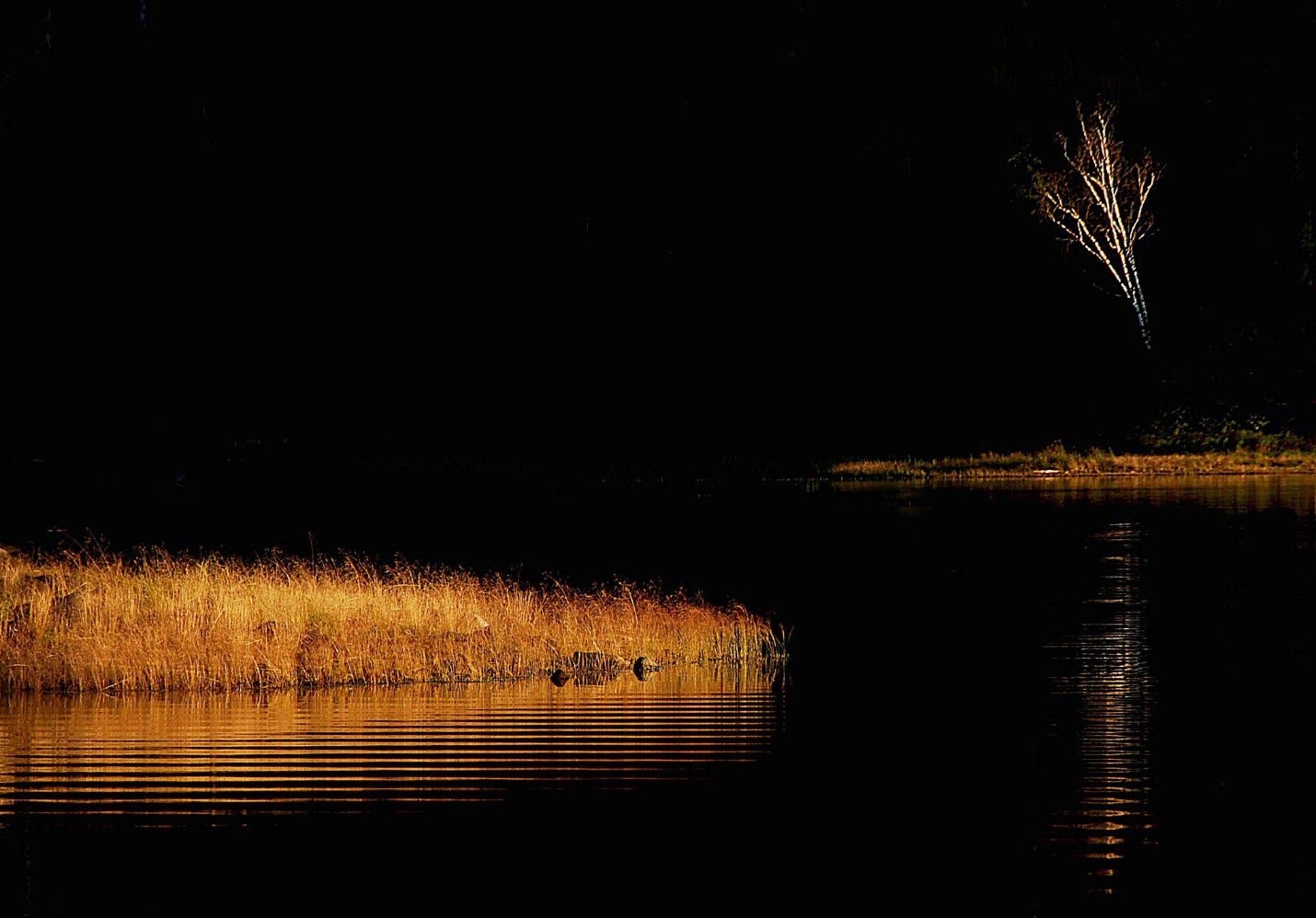

It is good to read "With New Eyes" once again. Thanks for sharing!